Exact Answer : Minimum 3 months
Acne is a very common skin disease that is seen in almost 85% of individuals around the globe between the ages of 12-24 years or sometimes more. The onset of acne in adults is very common. Most individuals catch acne during their teenage days. Tropical treatment is helpful for mild acne and oral or any kind of hormonal therapy helps in moderate acne. But these treatments are not helpful in treating very high to severe acne. Some patients also feel that tropical treatments are a lengthy process and not convenient to use. According to them, it irritates the skin and is less effective than systematic therapy. Here comes the drug named Isotretinoin.
Accutane is a brand name for Isotretinoin. It is used in the treatment of very severe acne which otherwise is not cured by other medications. If you have a very extreme acne problem and are not responding properly to other medications, then you must opt for Accutane. Accurate is mainly a retinoid. It is a derivative of vitamin A.
If a patient has a very extreme acne problem then Accutane is prescribed. Accurate is a second-line treatment used for excessive and cystic acne. These acnes don’t respond to oral forms of treatment.
Accurate helps to reduce acne by shrinking the oil glands present in the skin producing sebum. This sebum attracts acne creating bacteria
Now let’s see the pros and cons of Accutane.
Pros
- If all other acne treatment fails to work, then Accutane benefits.
- It helps to fight against acne.
- It helps to clear acne scars
- It is safe for all skin tones whether it is oily skin or dry skin or sensitive skin.
Cons
- At first, the acne gets very worse before becoming better. There will be lots of acne in the patient which may cause anxiety in the patient. After one or two weeks, the frequency of the acne on the skin will start to reduce, and then it will reduce to zero or no acne.
- The common side effects noticed in patients are dry skin and peeling of the skin.
- Blood tests are required each month to check liver function and the total amount of blood count.
- Female patients should not be pregnant while or before taking this medication.
- It also causes depression in some patients.
- It also aggravates suicidal thoughts in patients.
Tanning is the darkening of skin through exposure to U.V radiation from natural sources like sunlight or artificial sources. These may be a tanning lamp or from other sources.
The tanning is caused by the damage of DNA to your skin. When damage takes place, the body creates a defensive mechanism against the ultraviolet rays.
People opt for tanning for many reasons. The socioeconomic factors including clothing styles, medical and dermatological reasons, perception of tanned skin to the society and for fashion trends.
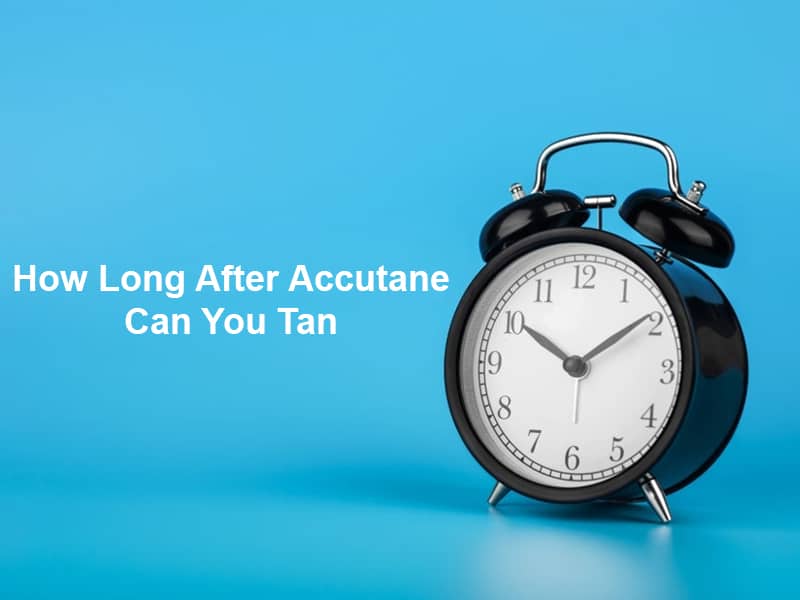
How Long After Accutane Can You Tan?
| How long it takes time: | Minimum | Maximum | |
| For all skin types | 3 months | 6 months | |
Normal Skin | Dry Skin | Sensitive Skin | Oily Skin |
| 3 months | 3-4 months | 6 months | 4-5 months |
After Accutane, your skin returns to the normal condition within 3 months. But before a minimum of 3 months, it is dangerous to tan. Tanning and Accutane perfectly do not mix. It is risky to start tanning before 3 months as it will trigger severe side effects to the skin. After Accutane treatment, your skin needs some rest from other kinds of skin treatments. While the treatment is going on the outer layer of the skin gets thinner, so tanning occurs more quickly and deeper.
Why Does It Take That Long To Tan After Accutane?
While on Accutane treatment one should avoid direct sunlight. You should take sun protection to avoid the sun’s rays. As Accutane makes the stratum corneum thin, it is understandable that one will get tan quicker as the sun’s U.V. rays will penetrate deeper inside the skin.
Conclusion
For this reason, one should avoid the sun’s heat for a minimum of 3 months to help your skin recover from the side effects of Accutane treatment. Accutane is necessary for individuals with severe acne. If one can keep the time span between Accutane therapy and tanning to 3 months, one will get the best result without any side effects. In this way, one can stay healthy while having Accutane treatment.







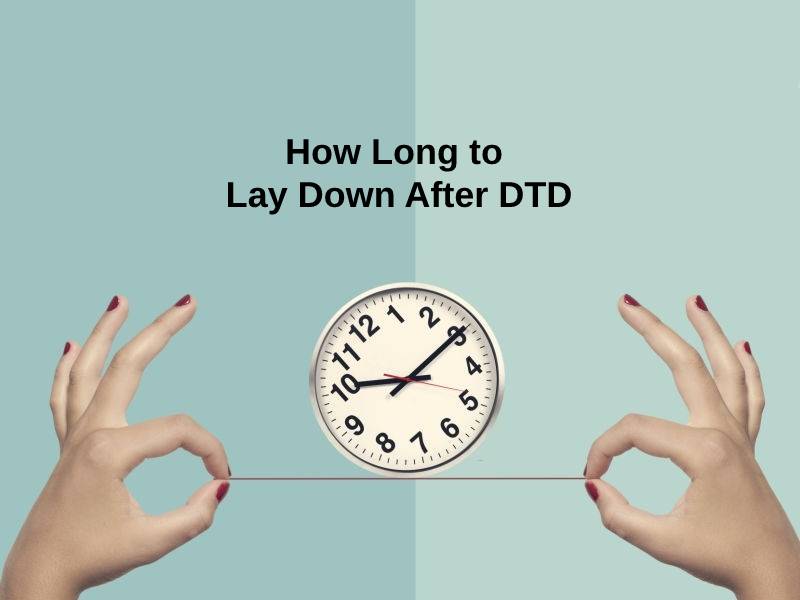
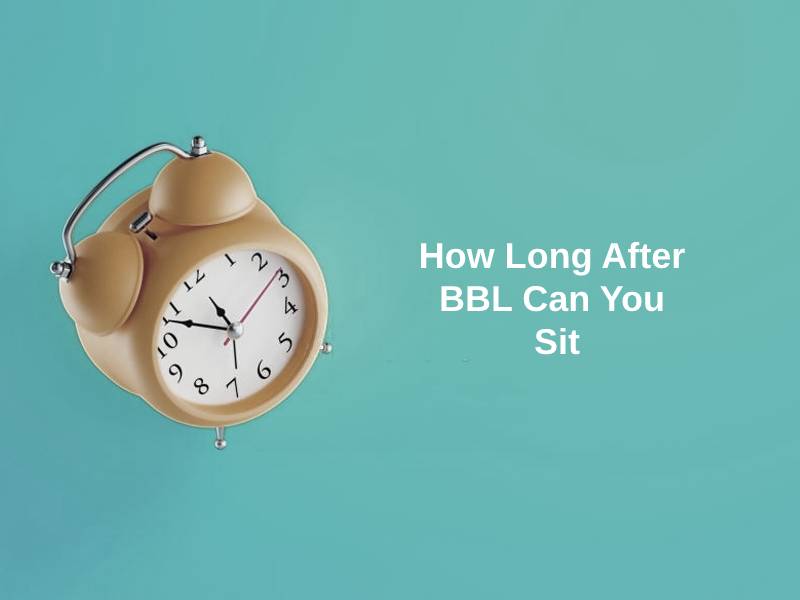


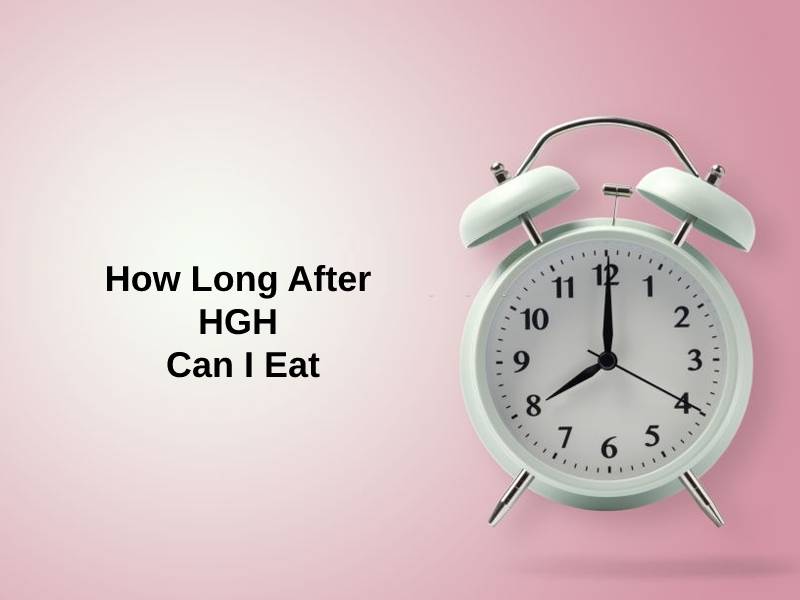
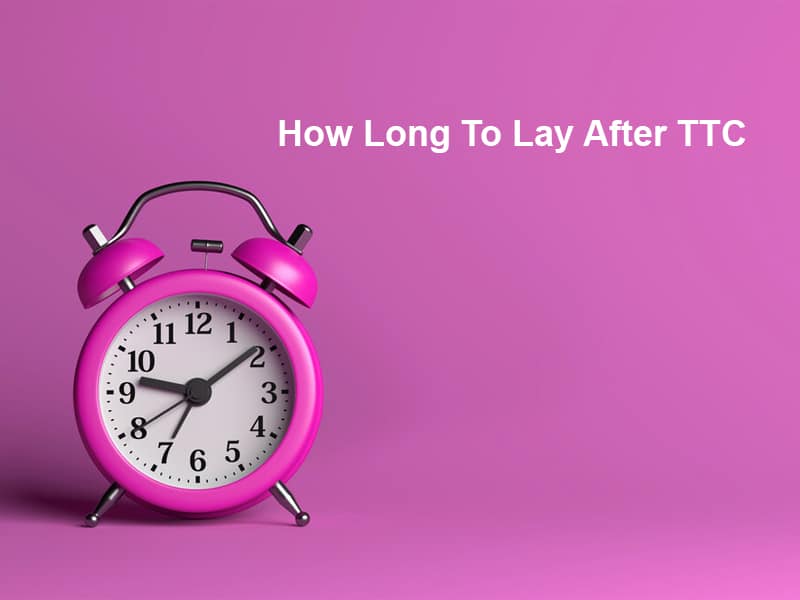
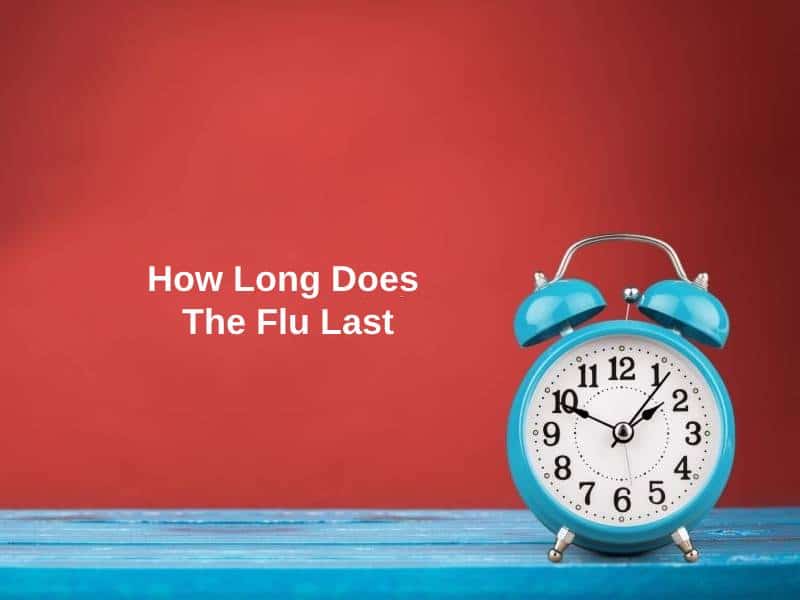
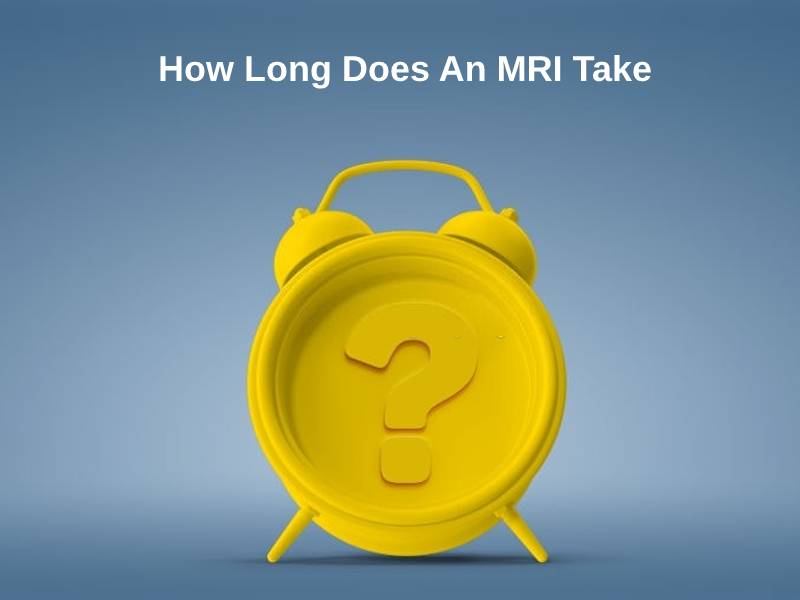

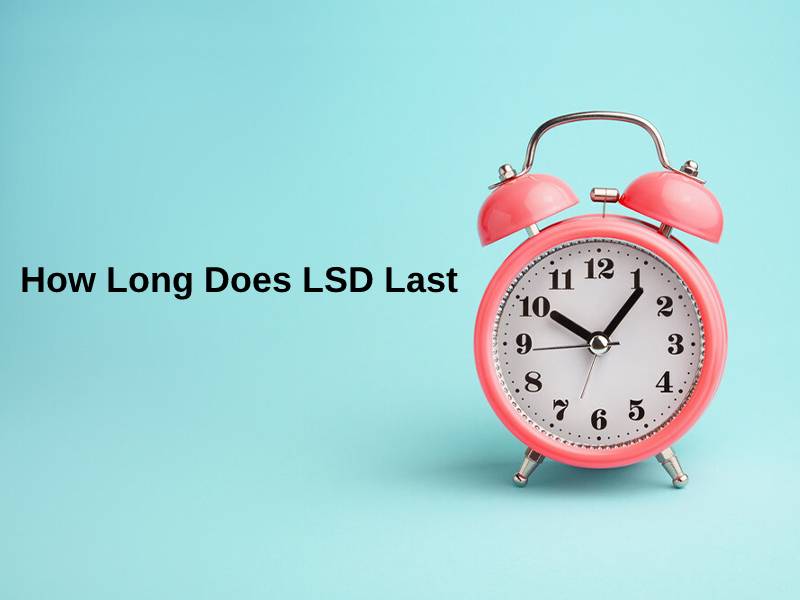
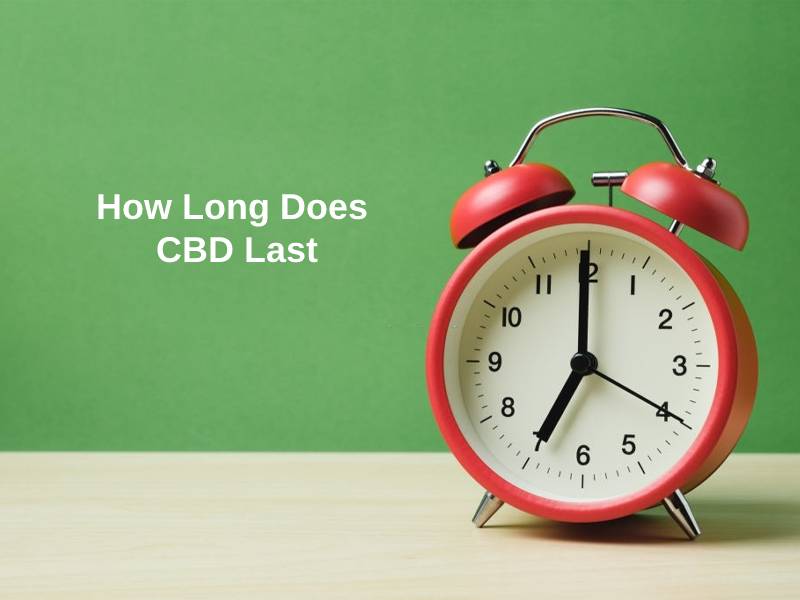

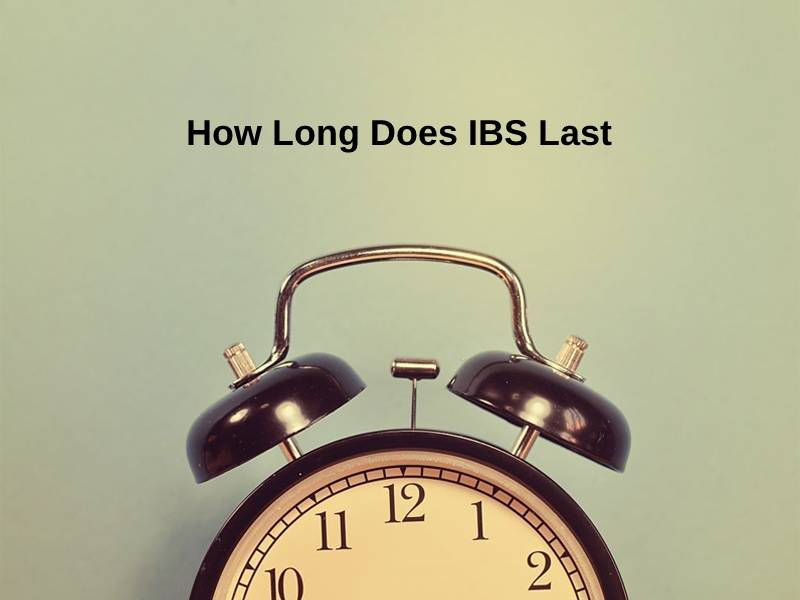
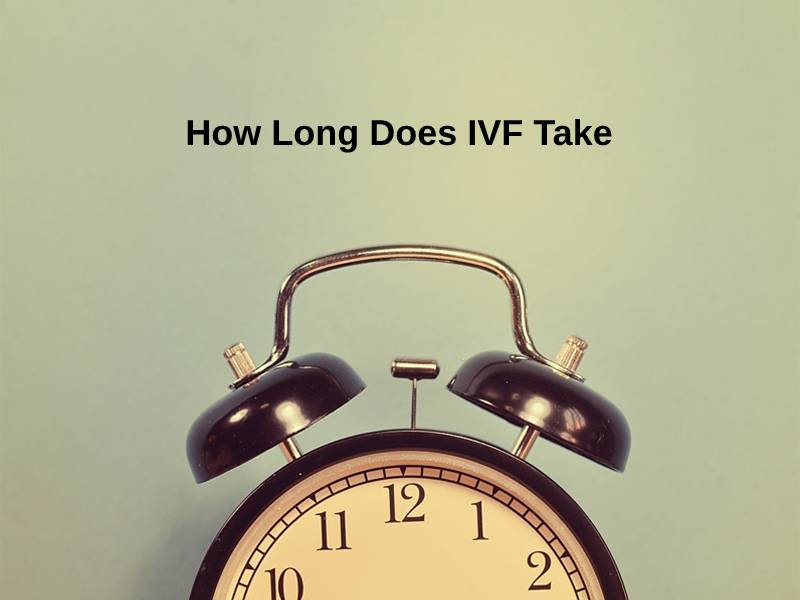
The post effectively highlights the importance of avoiding tanning after Accutane treatment to prevent adverse skin effects. This is significant information for those undergoing the treatment.
Definitely, the advice on safe skin care practices post-treatment is invaluable.
The post provides a balanced view of the pros and cons of Accutane, which is essential for individuals considering the treatment.
Indeed, weighing the potential benefits and drawbacks is crucial before deciding on such a treatment.
I appreciate the comprehensive explanation of the effects of Accutane on different skin types.
A very interesting and informative post, explaining in detail the effects of Accutane and tanning on the skin. I appreciate the thorough explanation of the pros and cons of Accutane treatment.
I completely agree, this post provides valuable information for anyone considering Accutane treatment.
The information on the risks and benefits of Accutane and the advice on tanning post-treatment was incredibly helpful. This is a valuable resource for individuals with severe acne.
Absolutely, it’s critical for individuals to have access to comprehensive information when considering such treatments.
The possible side effects of Accutane seem quite severe. Is it really worth taking the risk to clear acne and scars?
It’s a difficult decision to make, but for some individuals with severe acne, the benefits of Accutane may outweigh the risks.
I agree with Tracy, the potential depression and suicidal thoughts as side effects are concerning.
The in-depth explanation of how Accutane reduces acne by shrinking oil glands was very insightful. This is valuable knowledge for anyone considering the treatment.
Absolutely, understanding the mechanisms of how the drug works is essential for informed decision-making.
I found the detailed information about the treatment of cystic acne particularly interesting.
The explanation of why tanning should be avoided for a minimum of 3 months after Accutane treatment was enlightening. This sheds light on how the skin recovers post-treatment.
Agreed, it’s crucial to understand the recovery process of the skin following Accutane.
It’s alarming that the acne initially gets worse before improving with Accutane. The psychological impact on patients must be significant.
I agree, the mental health implications of acne treatment are often overlooked.
The explanation about tanning after Accutane treatment was really helpful. This post provides great advice on how to care for the skin post-treatment.
Definitely, it’s important to understand the timeframes involved in tanning after Accutane to avoid any potential risks.
The detail provided on why tanning should be avoided post-Accutane resonated with me. It’s crucial to prioritize the health of the skin during recovery.
The potential risks of tanning after Accutane treatment were well explained in this post.
Absolutely, this information highlights the importance of proper skin care post-treatment.